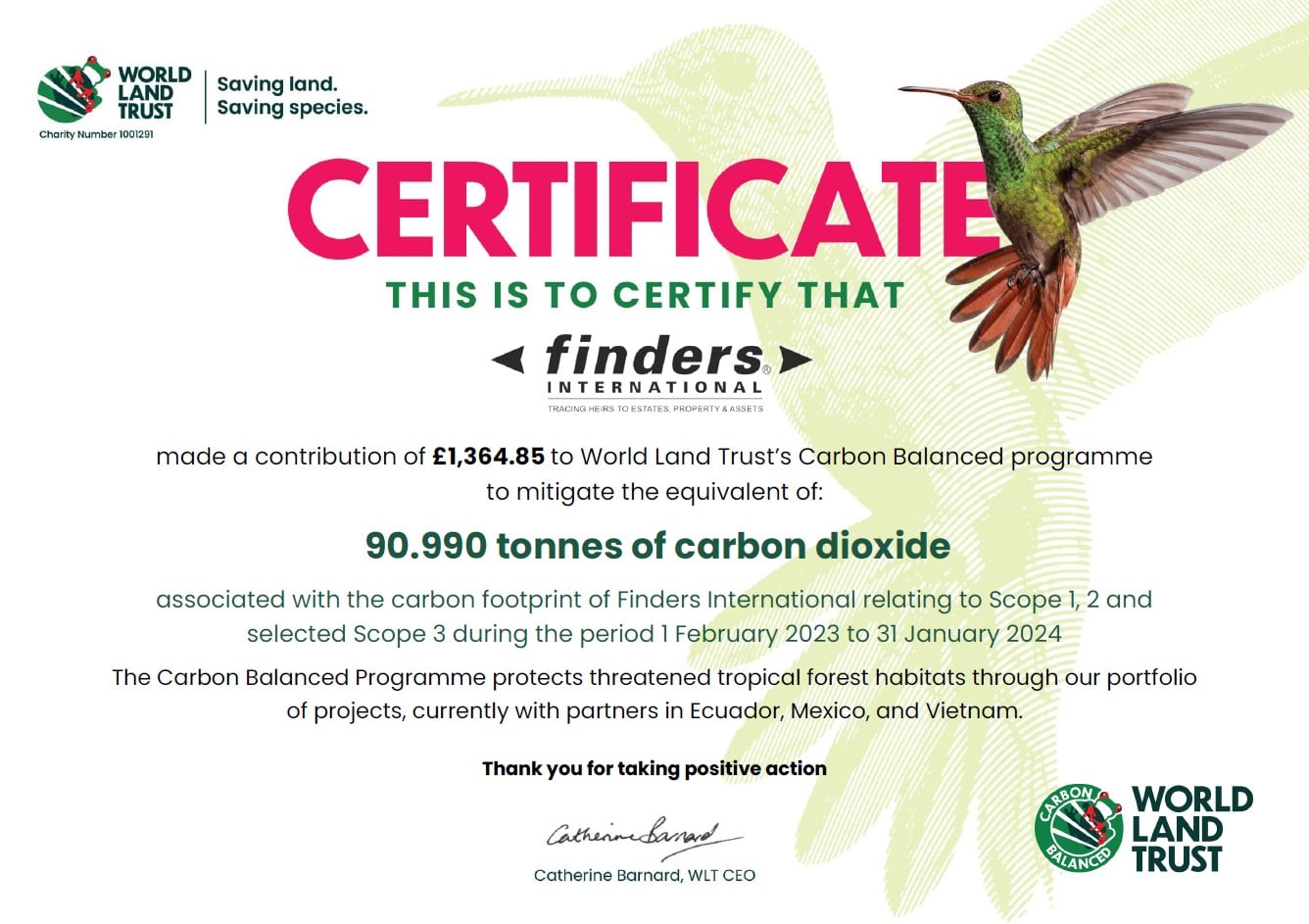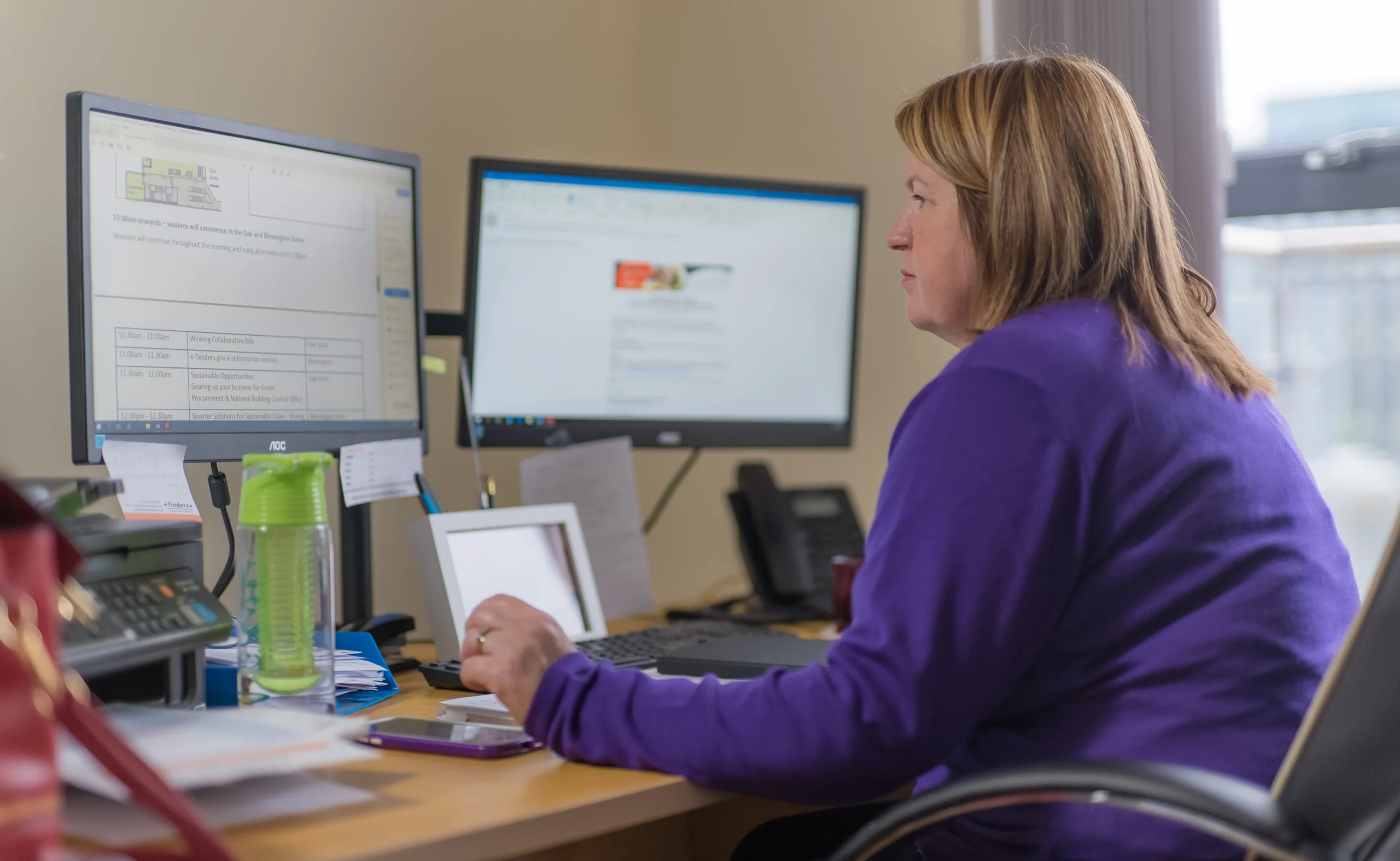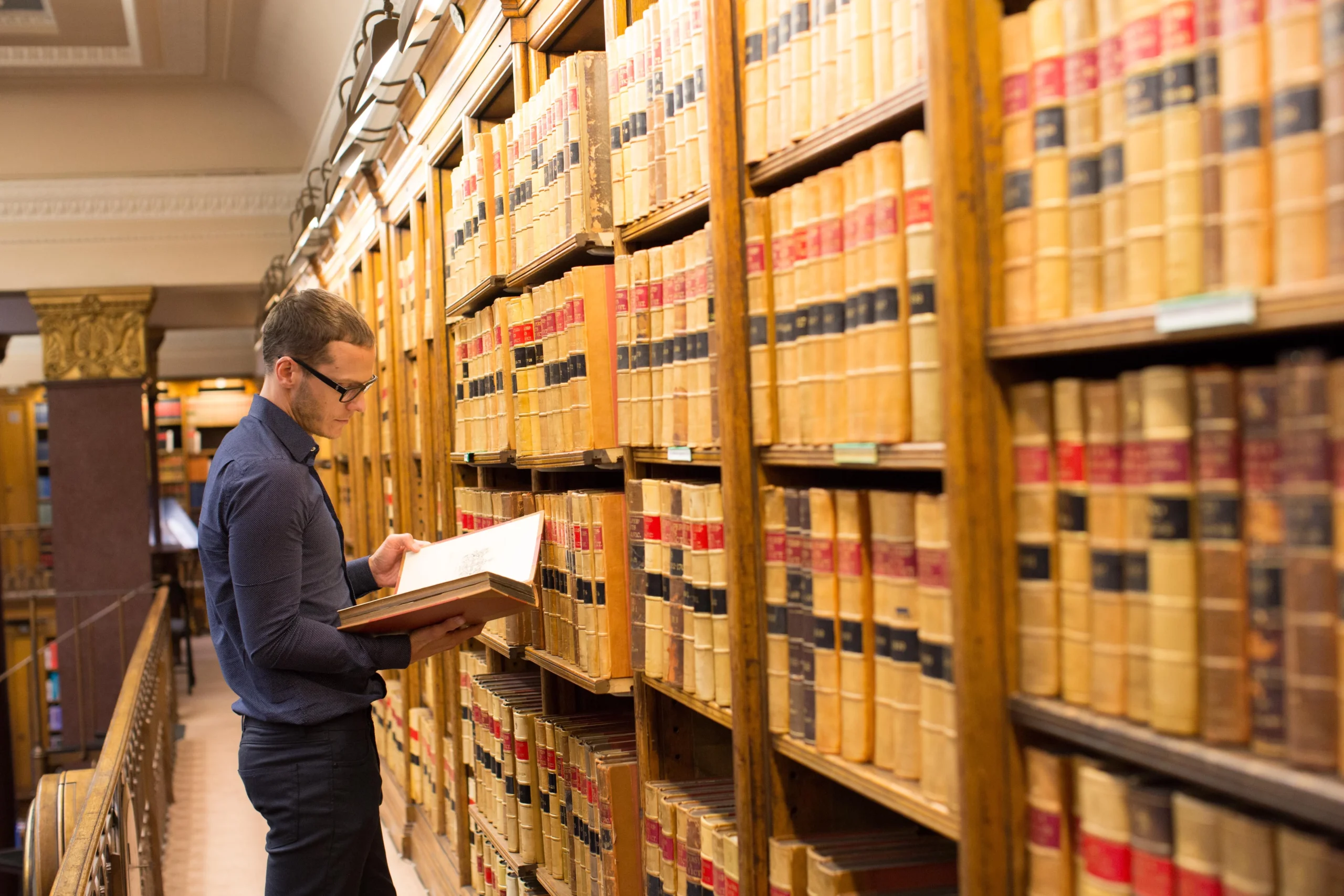We believe there are four key areas where we can make a positive impact.

Business travel
We encourage the use of public transportation for essential travel and only book flights when absolutely necessary.
We further try and lower our carbon emissions while on the road by offering a Cycle to Work scheme and an Electric Vehicle scheme to our employees and, when visiting beneficiaries or making local enquiries, optimise our Regional Representatives’ fuel use by scheduling routes efficiently and matching the closest representative to the job.
Energy use
We monitor and measure energy consumption in our offices and only purchase 100% green electricity.
To reduce consumption, we use hibernation functionality for PCs and laptops to deactivate after a period of non-use and set office heating and air conditioning on timer to limit the hours of operation.
Paper and printing
We store the majority of office files and documents digitally and monitor and measure our paper usage throughout the year.
Reducing waste
We follow the waste hierarchy model and have recycling facilities available in our offices. We comply with the legislation by ensuring that our office waste is stored correctly and that all third-party carriers and treatment facilities we use are licenced and competent.

Carbon Balanced with World Land Trust
We contribute towards a lower-carbon economy by offsetting carbon emissions with the help of the World Land Trust’s Carbon Balanced Programme.
Each year we complete a carbon footprint assessment and you can find our latest Carbon Footprint report here.
In 2024 we made a contribution of £1,364.85 to offset the equivalent of 90.990 tonnes of carbon dioxide.

2025 sustainability goals
Continue to offset unavoidable carbon emissions resulting from business activities with the help of World Land Trust, funding the protection of forests.
Increase the rate of recycling in our offices to achieve ‘Zero-to-landfill’, where all our non-recyclable business waste is sent to generate green energy. Give top priority to waste prevention, re-using and recycling.
Reduce unnecessary paper use in the offices and continue to minimise the need for storing information in printed format.
Continue to measure energy consumption in the offices and maintain energy use per square meter.









